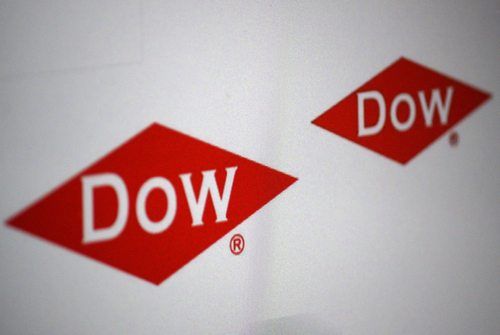
360b / Shutterstock.com
September 3, 2014;Litchfield County Times and Law360
In late August, a D.C. appeals court upheld the dismissal of a case Greenpeace brought against Dow Chemical and other corporations. Greenpeace accused the for-profit corporations of conducting a campaign of espionage against the nonprofit, alleging that they stole documents, hacked phone calls, and more. The suit was filed six years ago following an investigative report detailing the supposedly illegal activity that was published in Mother Jones.
Sign up for our free newsletters
Subscribe to NPQ's newsletters to have our top stories delivered directly to your inbox.
By signing up, you agree to our privacy policy and terms of use, and to receive messages from NPQ and our partners.
In their verdict, the judges did not deny that Dow and the others may have committed the espionage as charged; instead, they upheld an earlier court’s dismissal of the charges. The dismissal was based on technicalities. Among them:
- Greenpeace’s claim that Dow and others stole documents that had been put into the trash was discarded, with the argument that once they were thrown away and put into the trash at the office building, Greenpeace had no claim to own them any longer.
- Greenpeace’s claim of invasion of privacy for trailing activists, using undercover agents to enter the offices, and other claims were rejected as falling outside a one-year statute of limitations. The claim was made more than one year after the actions were allegedly taken.
A report from the end of 2013, entitled Spooky Business, detailed as many as 21 cases of espionage against nonprofit organizations. (NPQ covered this story in November.) But, as reported by Ralph Nader, not one of the cases that took place on American soil has resulted in a guilty verdict against the for-profit corporation accused of espionage. Guilty verdicts have been handed down in other countries, but not here. Nader suggests this means that “three words may well spring to their minds when contemplating whether to go after nonprofits with espionage: Go for it.”
When conducting research for this article, it was shockingly hard to find coverage in any major newspaper. Searches in such august and supposedly liberal publications as the New York Times, the L.A. Times, and the Washington Post resulted in no articles found covering the verdict. The op-ed piece by Ralph Nader was found in the Litchfield County Times, which covers the northwest corner of the state of Connecticut.
The number of espionage cases detailed in Spooky Business is scary enough. That the courts found technicalities to allow the alleged perpetrators to get away with it seems to open the door to even more. The almost complete lack of coverage of the verdict suggests that there are not even many watchdogs willing to shine the light on this shadowy activity. At the very least, this means that nonprofit organizations such as Greenpeace engaged in work challenging large corporations are going to have to be very careful with their garbage disposal and very mindful of anyone suspicious entering their office. It means conducting business in an atmosphere of fear—not a happy work environment.—Rob Meiksins












